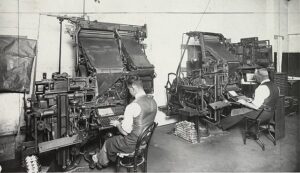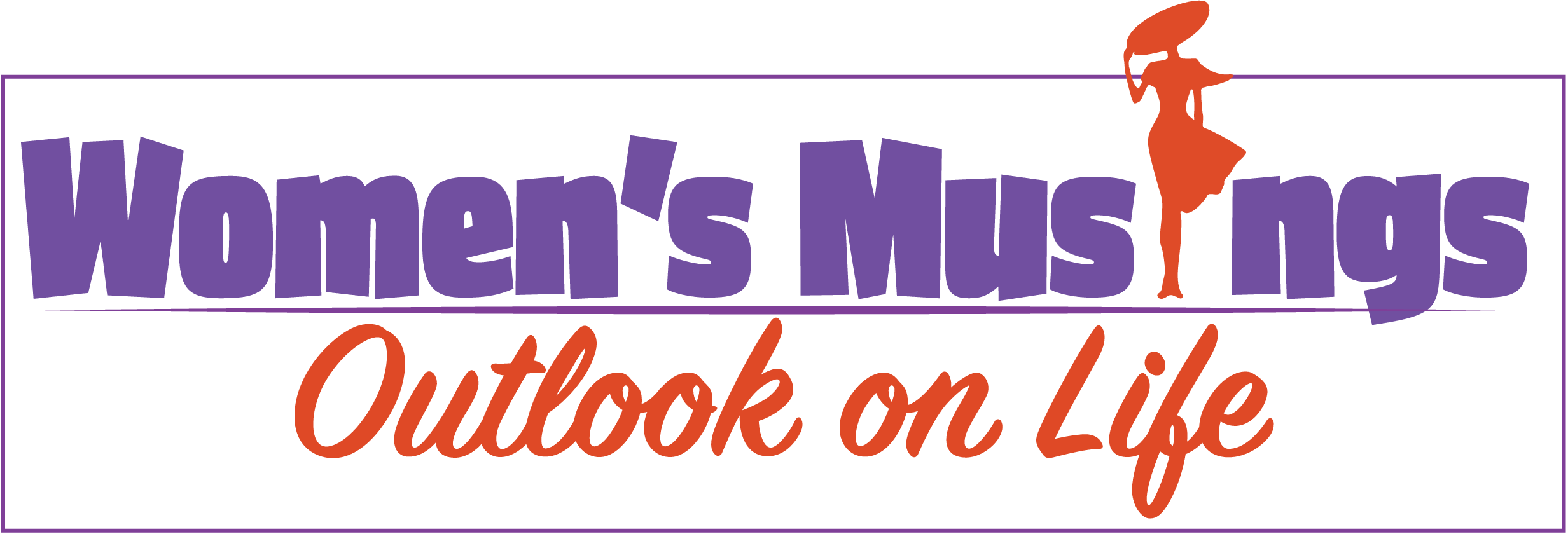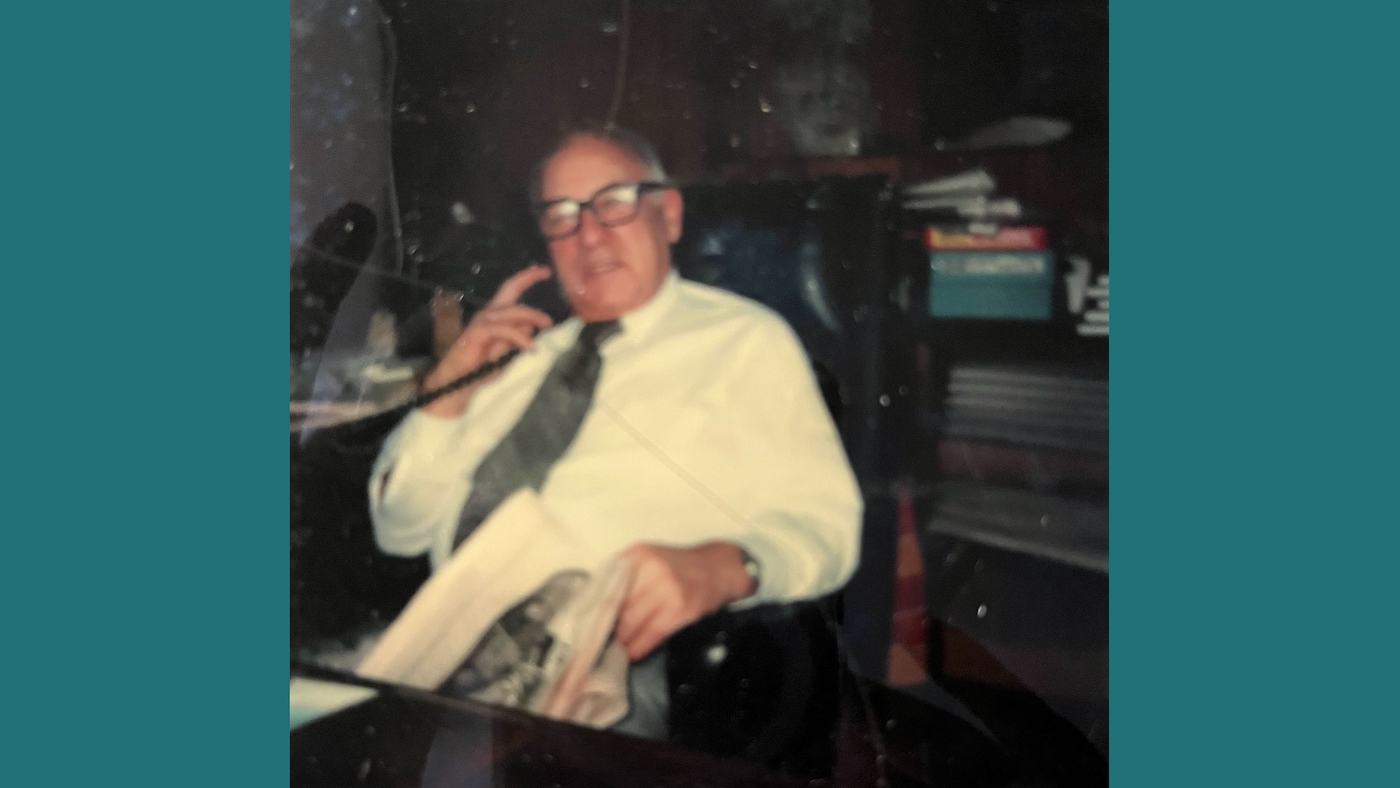Ode to My Dad’s Printing Shop
My Dad is gone now.
So too is the world over which he reigned.
He owned a printing shop.
Its demise was partly due to the unions.
And like other professions, was conquered by a more recent warrior:
Modern technology, even swifter than the industrial age.
Efficient and cheaper, but with much less character.
Entering the shop was its own assault, on every sense:
The first, upon opening the door, was the noise.
The Linotype machine, itself a one-time victor, was like a mechanical dinosaur.
Its giant head coming down to pick up the slug and move it along.
The dozens of machines’ keyboards clicking at the same time was a marching herd.

The next, immediate wave, was the heat:
No air conditioning in those days to offset all those humming machines.
The queen of them all was the smelter:
She was the progenitor of the process for she melted the lead into ingots.
From her igneous body oozed the molten silver rivers caught, to cool, in metal dies.
Once inside, your eyes saw a colony of movement, both men and machines:
The men with their green eye shades, and in summer, Stanley Kowalski undershirts.
Were the shades to protect them from the girls’ come hither looks in the girlie calendars?
The puddles on the floor were a combination of ink and oil, plus probably sweat and spit.
In another corner were the elephantine piles and rolls of paper.
The paper cutter at this end thudded through the boulders.
Then how quickly the sheets of paper would fly over the inked presses:
Brides flying to meet their tuxedoed grooms over a heat source to dry the ink
And be joined together ’til death did them part in a distant future incinerator.
But first collated.
The pages then stacked in neat piles, meeting their fellow information when sorted.
To make them even at their X and Y axes, at the other end cut, another thud, thud
Then folded, readying for binding.
Next the whirring and snapping of wire made into staples
More thudding, pages being pierced and bound by the staples.
Next came the boxing, labeling and shipping out.
Like the finished products, you got to exit the shop
But you left with the metallic taste in your mouth, maybe the sawdust of paper too
And the smell of metal, ink, glue, grease and grime in your nostrils
And the feeling you were carrying it all on your skin — never able to be washed away.
Please leave your comments below.
Read more by Ada Mark Strausberg.


Ada, your imagery and poetic techniques are amazing!! I love the way the entire shop is described. And I’m glad you included a photo of your dad. 🙂
This brings back many wonderful memories.